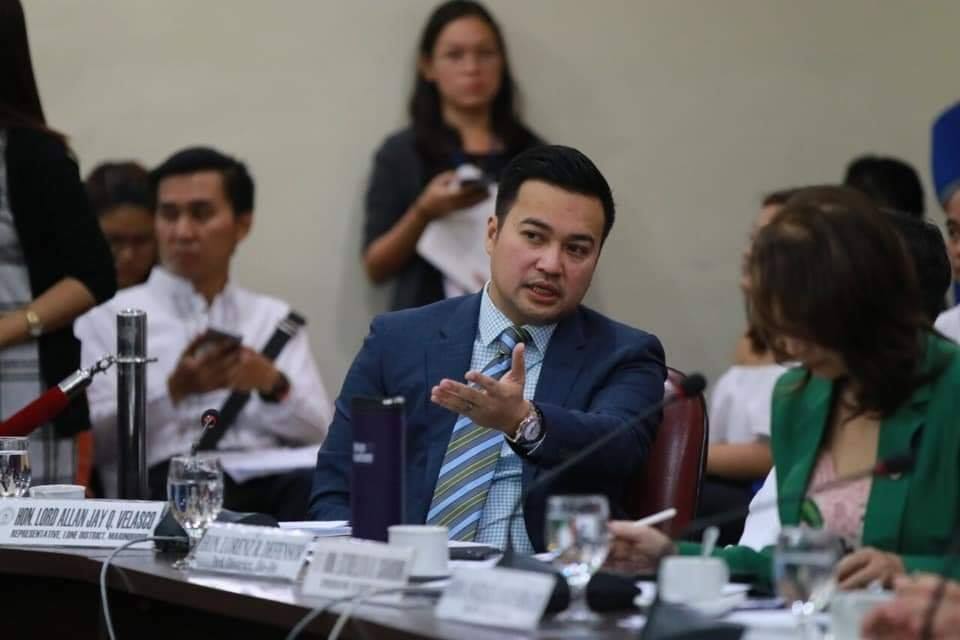
MANILA – The House of Representatives will push for adequate funding for the effective implementation of the National Integrated Cancer Control (NICC) law during the bicameral conference on the proposed PHP4.506-trillion national budget for 2021, Speaker Lord Allan Velasco said on Wednesday.
Velasco stressed the importance of the NICC law to ensure that cancer treatment and care will be more equitable and affordable for all, especially for the underprivileged, poor, and marginalized Filipinos.
“The importance of this law and its full implementation cannot be overstated. We have to make sure that it is sufficiently funded so it could effectively serve its purpose of strengthening government efforts to combat cancer and increasing the fighting chance of patients to overcome the disease,” Velasco said.
Citing a study conducted by the University of the Philippines Institute of Human Genetics, Velasco said that 189 out of 100,000 Filipinos are afflicted with cancer while 96 cancer patients die every day.
He, however, noted that cancer care and treatment could be costly, and could even push high-income families to sudden financial struggle.
Citing the Cancer Coalition Philippines, he said a colonoscopy could cost PHP1,500 to around PHP14,000, exclusive of professional fees, while a breast ultrasound could range from PHP600 to as high as PHP3,000.
Depending on the type of cancer, he said a chemotherapy per session can range from PHP20,000 to PHP120,000 or more.
“Certainly, the economic burden of cancer care and treatment is overwhelming and it has the potential to drive Filipino families deeper into poverty,” Velasco said.
In February last year, President Rodrigo Duterte signed Republic Act No. 11215, establishing a NICC Program that will serve as the framework for all cancer-related activities of the government to “decrease the overall mortality and impact of all adult and childhood cancer”.
“The State shall adopt an integrated and comprehensive approach which includes the strengthening of integrative, multidisciplinary, patient and family centered cancer control policies, programs, systems, interventions and services at all levels of the existing health care delivery system” the law reads.
The program also aims to lessen the incidence of preventable cancer, prevent cancer recurrence, provide timely access to optimal cancer treatment and care, make treatment affordable and accessible, and eliminate various forms of burden on patients and their families.
Under the law, the Department of Health is tasked to provide early and sufficient access to cancer medicines and “ensure the highest possible chance of survival among people with cancer”.
The law created the Cancer Assistance Fund, which will support the cancer medicine and assistance treatment program.
Earlier, Davao City Rep. Paolo Duterte requested Speaker Velasco and House Committee on Appropriations Committee chair Eric Yap to ensure adequate funding to assist cancer patients.
“My Mom is a cancer survivor. Diagnosed in 2016 and successfully recovered more than a year after treatment and long-term survivorship transitions. It is our duty to provide help to every fellow citizens to our best. Give them a second chance to live,” Duterte said.